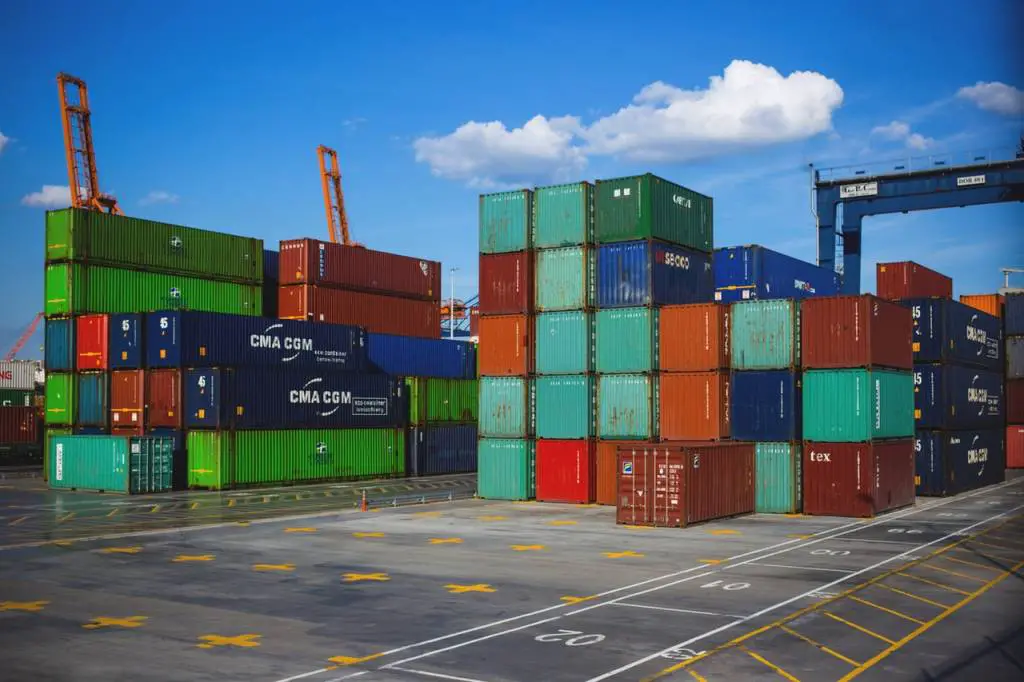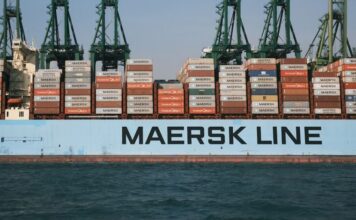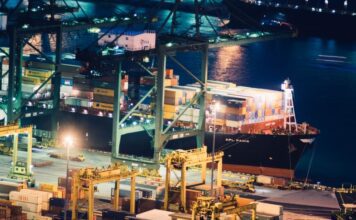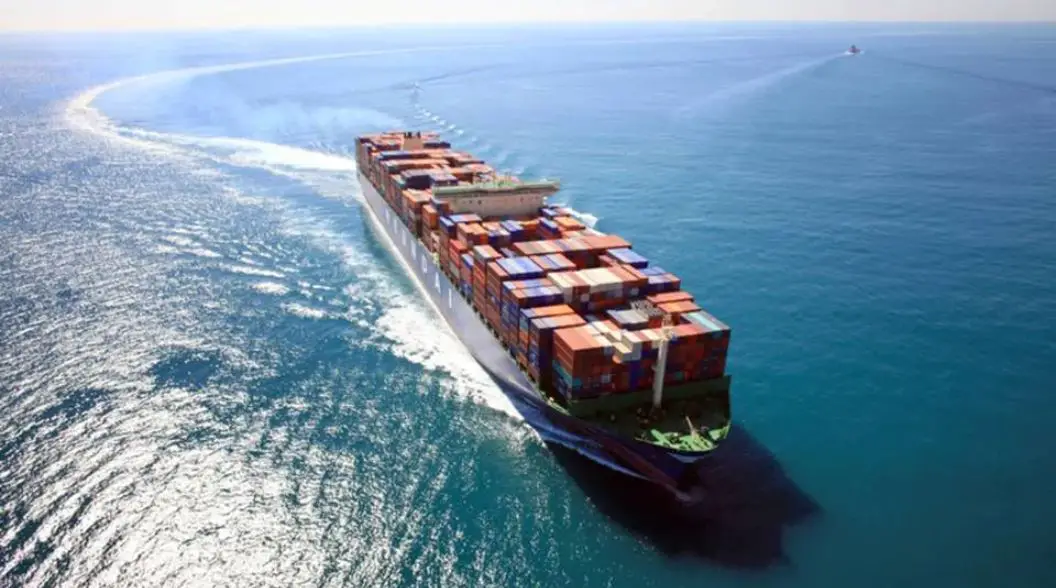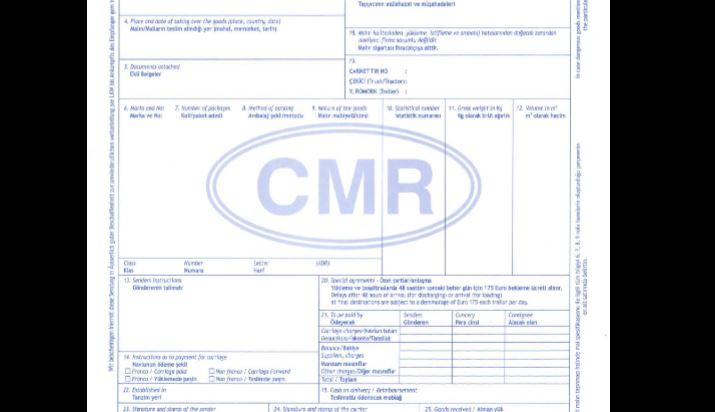What Is Free on Board (FOB)?
Free on Board (FOB) is a shipment term used to indicate whether the seller or the buyer is liable for goods that are damaged or destroyed during shipping. “FOB shipping point” or “FOB origin” means the buyer is at risk once the seller ships the product.
The purchaser pays the shipping cost from the factory and is responsible if the goods are damaged while in transit. “FOB destination” means the seller retains the risk of loss until the goods reach the buyer.

FOB – Important Key points
- Free on Board (FOB) is a term used to indicate who is liable for goods damaged or destroyed during shipping.
- “FOB origin” means the buyer is at risk once the seller ships the product.
- “FOB destination” means the seller retains the risk of loss until the goods reach the buyer.
- The terms of FOB affect the buyer’s inventory cost—adding liability for shipped goods increases inventory costs and reduces net income.
- Legal definitions of FOB may differ between individual countries.
History of Freight on Board (FOB)
The term “freight on board” originated from the days of sailing ships when goods were “passed over the rail by hand,” as defined in Incoterm. The term “FOB” was used to refer to goods transported by ship since sea transport was the main method of transporting cargo from far countries. The term’s usage has changed since then, and its definition varies from one country and jurisdiction to another. The phrase “passing the ship’s rail” was dropped from the Incoterm definitions in the 2010 amendment.
In North America, the term “FOB” is written in a sales agreement to determine when the liability and responsibility for the shipped cargo transfers from the seller to the buyer. When it is indicated as “FOB Origin,” it means that the transfer occurs at the seller’s shipping dock when the goods are safely on board the ship. The buyer takes responsibility for the transport cost and liability during transportation. “FOB Destination” means that the transfer completes at the buyer’s store and the seller is responsible for all of the freight costs and liability during transport.
Due to the need to eliminate confusion with the North American definition of FOB, the usage of the Incoterms should be disclosed, along with the Incoterms edition. For example, a cargo whose final destination is Vancouver should be written as “FOB Vancouver (Incoterms 2000).”
FOB Add-on Terms
Some add-on terms may be included on the freight invoice, bill of lading, or other forms of shipping documentation. These add-on terms may include the following:
FOB Origin, Freight Prepaid: The seller/shipper pays the cost of shipping while the buyer/receiver of goods assumes the responsibility of goods at the point of origin.
FOB Origin, Freight Collect: The buyer pays for freight and shipping costs and assumes full responsibility for the cargo.
FOB Origin, Freight Prepaid, & Charged Back: The seller does not pay the cost of shipping, but instead adds the freight costs to the invoice sent to the buyer. The buyer pays the bill on a more expensive invoice since the freight costs were included on the invoice. The buyer also takes ownership of the goods and assumes liability at the point of origin.
FOB Destination, Freight Prepaid: The seller/shipper pays all the shipping costs until the cargo arrives at the buyer’s store. The buyer does not pay any shipping costs.
FOB Destination, Freight Collect: The receiver of goods (the buyer) pays the freight charges upon delivery of the goods. The buyer does not take ownership or liability for the goods until the cargo gets to the buyer’s premises.
FOB Destination, Freight Prepaid, & Charged Back: The seller takes responsibility for freight until delivery of the goods, and the buyer deducts the charges from the invoice. The original invoice includes the freight charges initially paid by the seller.
FOB Destination, Freight Collect, and Allowed: The shipper adds the freight costs to the invoice, and the buyer pays the charges. The seller assumes the responsibility for the cargo until delivery.
What is the difference between FOB and CIF?
CIF (Cost, Insurance, and Freight) and FOB (Free on Board) are two widely used INCOTERM agreements. Although the definition of both terms can differ across countries and is ultimately determined by each vendor-client contract, historically, FOB transfers liability from seller to buyer when the shipment reaches the port or other facility designated as the point of origin.
With a CIF agreement, the seller pays costs and assumes liability until the goods reach the port of destination chosen by the buyer.
What is the Difference Between FOB Shipping Point and FOB Destination?
The qualifiers of FOB shipping point and destination are sometimes used to reduce or extend the responsibility of the supplier in an FOB shipping agreement.
- With FOB shipping point, ownership of goods is transferred to the buyer once they leave the supplier’s shipping point.
From there, the title for the goods transfers from the supplier to the buyer immediately and if anything happens to the goods at any leg of the journey to the buyer from there, the buyer assumes all responsibility.
- With FOB destination, ownership of goods is transferred to the buyer at the buyer’s loading dock.
Upon delivery of the goods to the destination, the title for the goods transfers from the supplier to the buyer.
If anything happens to the goods on any leg of the journey to the buyer, the supplier assumes all responsibility.
Freight On Board and Free On Board?
Some sources claim that FOB stands for “Freight On Board”. This is not the case. The term “Freight On Board” is not mentioned in any version of Incoterms, and is not defined by the Uniform Commercial Code in the USA. Further to that, it has been found in the US court system that “Freight On Board” is not a recognized industry term. Use of the term “Freight On Board” in contracts is therefore very likely to cause confusion.
